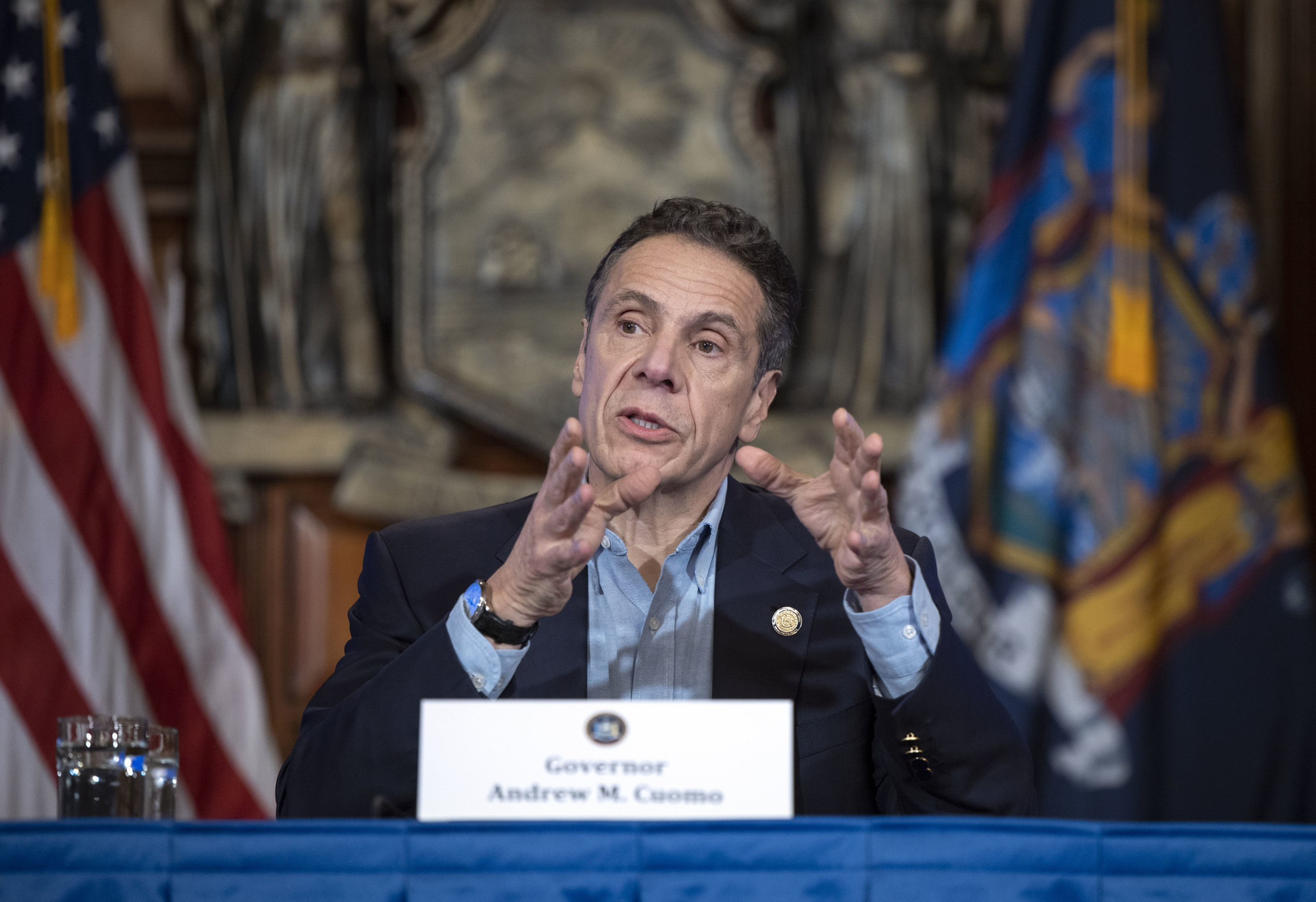Schools And Nonessential Businesses Remain Closed

While Governor Andrew Cuomo noted “a possible flattening of the curve,” COVID-19 cases rose by 8658 statewide since Sunday.
As of press time, nearly 13,500 of New York’s more than 130,500 cases were reported in Suffolk County. As a result of this week being labeled the potential apex, the governor has extended the statewide shutdown of schools and nonessential businesses two more weeks, until April 29.
Cuomo said many are still ignoring social-distancing guidelines, and announced April 6 with his closure extension that fines for violations are being raised from $500 to $1000.

Deaths have also remained effectively flat the last two days, despite the novel coronavirus death toll increasing 599 from the reported 4159 on Sunday to 4758 on Monday.
U.S. Surgeon General Jerome Adams warned Sunday, during an appearance on Fox News: “This is going to be the hardest and the saddest week of most Americans’ lives. This is going to be our Pearl Harbor moment and our 9/11 moment, only it’s not going to be localized, it’s going to be happening all over the country.”
In an NBC Meet the Press interview, Adams urged Americans to cover their faces when out in public, but said it should not be a substitute for social distancing. Medical professionals also warned eyes should be shielded as well, as the virus can enter one’s system through the ocular mucous membrane.
A New Drug?
Trump encouraged use of the antimalarial drug hydroxychloroquine to help fight COVID-19 during his press briefing from The White House April 5.
After his statement, however, he said, “What do I know? I’m not a doctor.”
When reporters attempted to question Dr. Anthony Fauci, an American physician and immunologist who has served as the director of the National Institute of Allergy and Infectious Diseases since 1984, and the head of the Coronavirus Task Force, about the drug, Trump shut down the question and effectively silenced the doctor and the reporter.
Doctors say the drug could have dangerous side effects, especially to diabetics already taking other medications.
WebMD lists side effects of hydroxychloroquine, also used to treat lupus and rheumatoid arthritis, as nausea, stomach cramps, loss of appetite, diarrhea, dizziness, and headaches.
Serious side effects include arm, leg, or back pain; slow heartbeat; symptoms of heart failure — such as shortness of breath, swelling in the ankles or feet; unusual tiredness; hair loss or color change; mood changes like anxiety, depression, or hallucinations; hearing loss; severe stomach or abdominal pain; easy bleeding or bruising; and signs of infection, among others.
desiree@indyeastend.com



